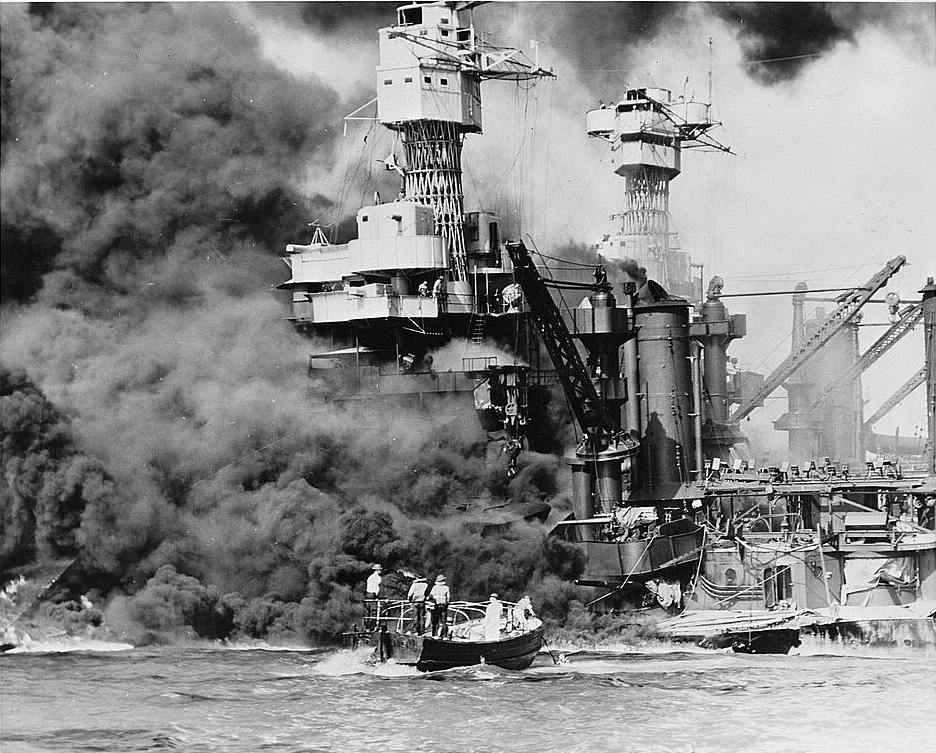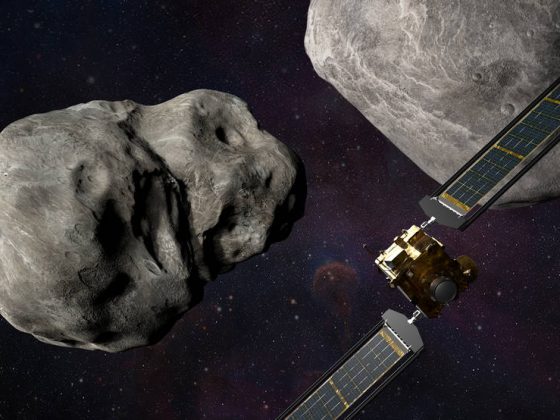Eighty years ago this week, and two years into World War II, the Imperial Japanese Navy Air Service launched a surprise attack on the US naval base at Pearl Harbor in Honolulu.
More than 2,400 American soldiers and civilians lost their lives in the attack, and nearly 1,200 were wounded. Twelve battleships were damaged or altogether submerged, and 188 airplanes were downed. The painful blow forced America to abandon its apparent neutral stance and declare war on Japan. Three days later, Nazi Germany and Fascist Italy declared war on America, dragging it into the war in Europe. Were it not for this painful blow, it is more than likely that the world would have been very different from what it is today, and not for the better.
“If there is a lesson to learn from Pearl Harbor, and from World War II in general, it is that war does not pay. Every aggressor in that war suffered a defeat, and every country that fought to free the world gained power and prestige.”
Even before America joined the war, it was providing substantial assistance to the allies. Under the Lend-Lease Act that President Roosevelt enacted in March 1941, the US provided the United Kingdom, Free France, China, and later the Soviet Union and other allied nations with food, oil, and other necessary materials between 1941 and 1945. The aid also included warships and warplanes, along with other weaponry. Despite the aid, the Allies were losing the war. Were it not for America’s intervention, who knows if the Allies would have won.
We cannot overstate the contribution of the US to the liberation of Europe from Nazi occupation. By December 1941, when the Pearl Harbor attack took place, there were no armies fighting against the Nazis and their allies, except for the UK and the Soviet Union. The US not only fought against the Axis countries, but also sustained the populations of the few free countries in Europe and stocked their armies with arms, ammunition, and gas.
Japan, the aggressor in the Pearl Harbor cataclysm, went the opposite way from the United States. Until World War II, Japan was a powerful imperialist country. It is said that Japanese Admiral Isoroku Yamamoto, who conceived the attack, warned in advance that if the strike did not disable American military might, it would only awaken the sleeping giant and Japan would find itself on the losing end.
“The trauma of the defeat in World War II sank so deep in Japan’s collective psyche that to this day, the country maintains its non-combatant policy. The bonus for its effort is the emergence of an economic superpower that is a world leader in industry and technology, whose people enjoy a standard of living that most countries can only dream of.”
Some sources claim that following the raid, Yamamoto said, “I fear all we have done is to awaken a sleeping giant and fill him with a terrible resolve.” Whether he actually said these exact words or not, they do reflect his thoughts following the attack, as Hiroyuki Agawa’s book The Reluctant Admiral describes. As it turned out, Yamamoto was right.
However, Japan did not let the defeat go without far reaching and constructive conclusions. Following this horrible defeat, which ended with the dropping of two atomic bombs on Japanese cities, Japan resolved to cease being a belligerent military power and turn its energy toward economic growth.
The trauma of the defeat in World War II sank so deep in Japan’s collective psyche that to this day, the country maintains its non-combatant policy. The bonus for its effort is the emergence of an economic superpower that is a world leader in industry and technology, whose people enjoy a standard of living that most countries can only dream of.
A Pearl Harbor incident cannot happen today. The world has changed too much for it to repeat itself. What has not changed, however, is the willingness of countries to destroy one another.
If there is a lesson to learn from Pearl Harbor, and from World War II in general, it is that war does not pay. Every aggressor in that war suffered a defeat, and every country that fought to free the world gained power and prestige.
Japan, Germany, Austria, and Italy all transformed themselves into thriving democracies. In today’s increasing international tensions, we should remember the lesson that the Axis countries learned following their defeat, and how they gained by carrying out what they had learned.











